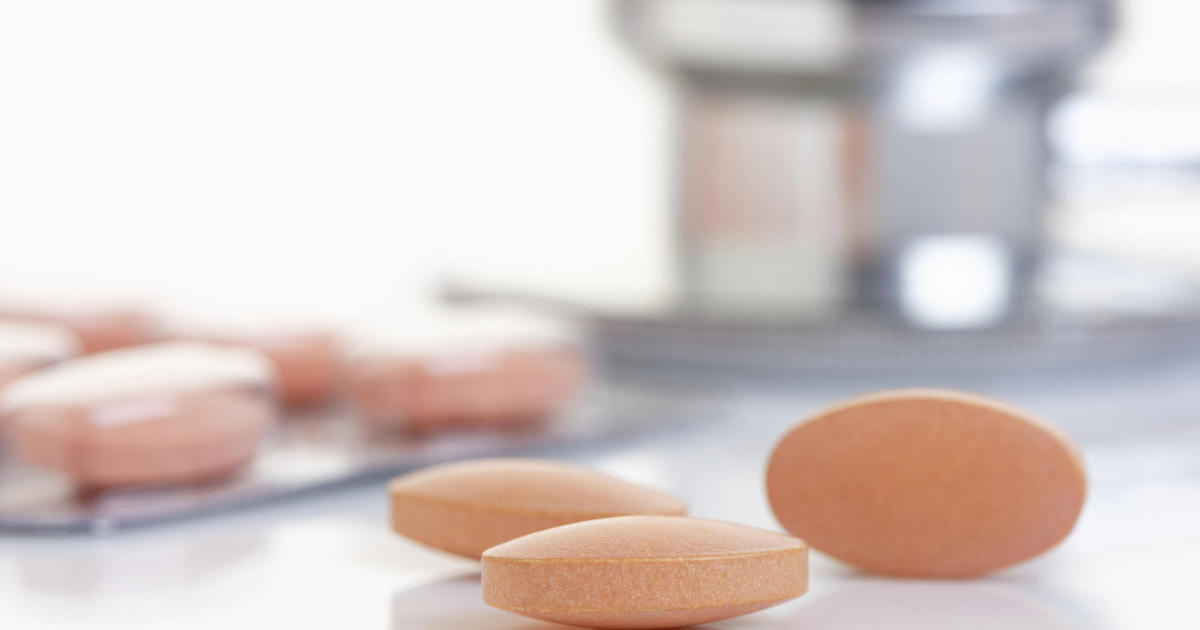How To Treat And Prevent Cat Scratch Disease
Cat scratch disease, alternatively called cat scratch fever, is caused by the bite or scratch of a domestic cat that is carrying the B. henselae bacterium on its claws or teeth. Cats are natural hosts for the bacteria. This means cats are usually immune to the bacteria and don't display symptoms of the illness. Close to half of all cats will carry the bacteria at some point in their lives, but it's more common in when they are kittens. The bacteria is typically passed to cats from fleas. Symptoms in humans include a bump where the bacteria entered the body, body aches, low fever, and headache. Antibiotic therapy generally clears the infection quickly. Cat owners should keep their pets indoors and ensure they are free of fleas, using topical flea treatments if necessary.
Antibiotics
Antibiotics are drugs that kill bacteria. Unfortunately, they can't tell the difference between disease-causing organisms and beneficial bacteria. For example, there are many friendly bacteria in the body's microbiome, or the intestinal environment, and they help keep bad bacteria in check. Some are involved in the production of certain vitamins like vitamin K. Cat scratch disease is generally a self-limiting condition, which means it tends to improve over time even without medication. Thankfully, it's relatively rare, and complications from it are even rarer. However, the bacteria can make some individuals sick enough so that drug treatment is advisable or necessary. Some antibiotics commonly used for cat scratch disease are azithromycin, clarithromycin, rifampin, trimethoprim-sulfamethoxazole, and ciprofloxacin.
Unveil more ways to treat cat scratch disease now.
Anti-Inflammatory Medication

Anti-inflammatory medications are also referred to as non-steroidal anti-inflammatory drugs, and examples include ibuprofen, acetylsalicylic acid, and naproxen. All three are available over the counter in limited dosages. Acetaminophen is a pain reliever, but it lacks anti-inflammatory properties. Nonsteroidal anti-inflammatories relieve pain and reduce fever and inflammation. The presence of a bacterial infection in the body is probably going to cause a generalized inflammatory response as the body ramps up the immune system to fight the infection. Anti-inflammatory medication is useful in treating the mild fever, body aches, and pains that can occur during even a mild case of cat scratch disease.
Continue reading to learn about the next strategy for treating cat scratch disease.
